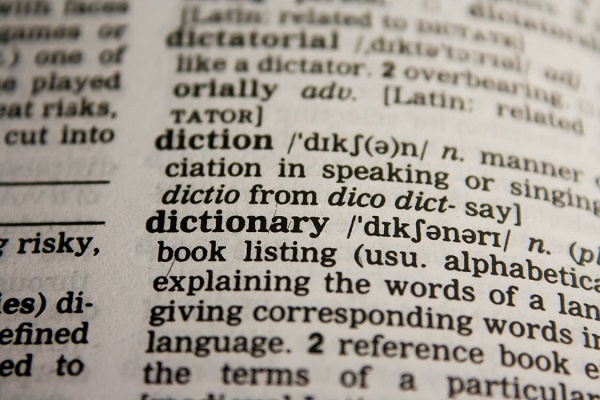Several times you have likely heard bed sheet in place of ‘‘bedsheet’’ or ‘‘braid’’ rather than bread, have you? You might be unaware that you are mispronouncing words. Each native speaker of a particular language has a unique pronunciation for a word, lending each English word a twist. This is all pleasant to listen to, but unfortunately, it is inconsequential to your score in the IELTS speaking topics. Today, we have listed 8 ways to boost your English pronunciation and ace your tests.
Why do You Need To Practice Pronunciation?
Your pronunciation will be evaluated in the IELTS Speaking section. You will have to speak at length under heavy scrutiny by the examiner. You will pass or fail based on how well you articulate yourself before a demanding examiner. If you pay close attention to these 8 simple speaking tips for IELTS, you can learn pronunciation very quickly.
1. Speak without fear
The first step towards improving your pronunciation and gaining better IELTS speaking topics scores is to listen to yourself to see how you sound, either in person or with a trainer. If you only mimic words, you will struggle to correct your own mistakes later. See how you read a sequence of English letters; discover how you read a particular combination of letters. That way you will detect whether you need to correct the way you read the letters. This will certainly impact your pronunciation when speaking English. Speaking effectively can significantly affect IELTS scores. A better approach to communicating in IELTS speaking questions can help you get a higher score.
2. Hear Natives or Experts Speak
Listening to a native speaker can help you improve your pronunciation of English because they have an easygoing speech pattern. This cannot just help you with your vocabulary but could also enhance your intonations and improve your abilities on the IELTS speaking exam. It will also give you the opportunity to fine-tune the inflexion of your words. This will assist you in improving in the English language for the IELTS speaking section. You may combine YouTube videos, podcasts, and radio to help you learn more.
3. Go Slow
Some people have the notion that talking quickly makes them better at speaking the English language, but this is not true. Speaking slowly but clearly displays your own confidence as well as your knowledge of the English language. Take time to think as necessary; sometimes giving yourself a moment can clarify your sentences. Alternatively, you might check online resources, like the resources offered by oxforddictionaries.com or dictionary.com. It's not a bad idea to use these resources when you don't know the correct pronunciation of a word.
4. Break and Stress
Breaking them and determining which parts need to be emphasized tells the examiner that you know what you are saying.
5. Group the Words
Because languages have a distinct way to pronounce various words, knowing where to stress and not stress makes all the difference when you are speaking. Attempt to group words together to know how to distinguish words. This grouping-based distinction can help you generalize several similar sounds belonging to a group making it easier to pronounce any word with a similar spelling.
6. Exaggerate, Visualize and Be Creative
When you're practising by yourself particularly, exaggerate the sounds till they get imprinted on your mind. Look in the mirror, as well, when you exaggerate; do it in slow motion and then speed it up. Put it in a sentence and monitor how it changes over time once you get more comfortable with the word.
7. When you are socializing with others,
listen closely and assess why they sound as they do when pronouncing various words. Your language is based on the world around you; pronunciation is part and parcel of the way your own private language becomes more sophisticated. When you improve your pronunciation, pay close attention to where people around you make mistakes. Correct them when you are certain with your teachings. Reminding them that the correct and incorrect pronunciations for a word are implemented in various ways. This will help you grow as well.
8. Record Yourself
While trying to pronounce new English words, look in a mirror to see how your mouth moves.. This can help you find the often-mysterious intonation. By far the most efficient way that you can practice speaking the English language is to record yourself while speaking. To boost your English pronunciation, you can make an audio or video recording to practice.
Why Us?
At VCANXL, we provide specialized Spoken English Training Programs that have been designed with the guidance of professionals working and training in Canada. They can boost your English pronunciation so that your life becomes a little easy when you’re so far from home. Visit today if you think your English is a little rusty and needs some oil!







